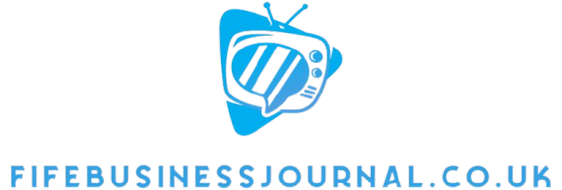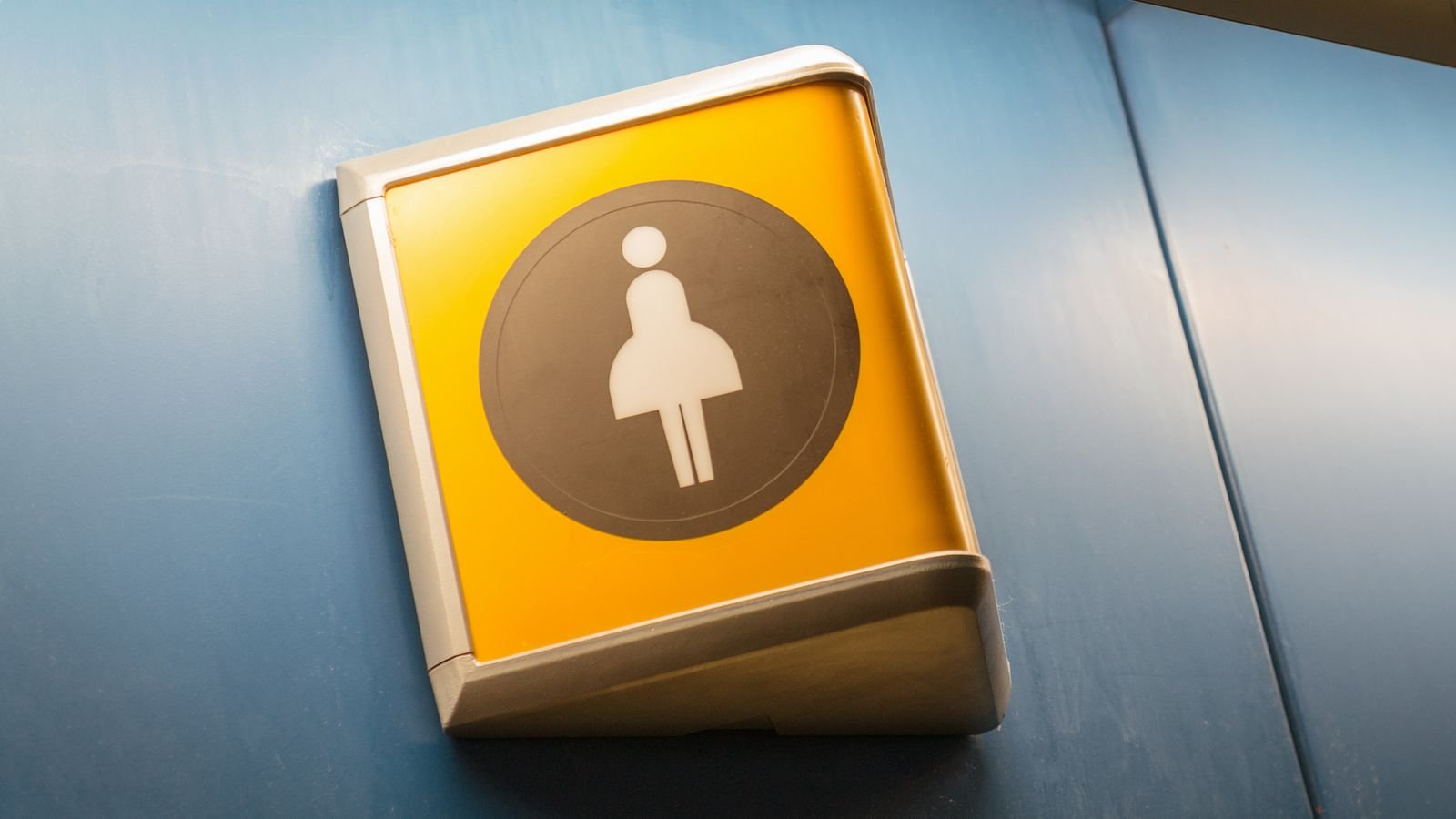Fat injections, Brazilian butt lifts (BBLs), Botox and fillers are being offered by untrained individuals in unconventional locations such as public toilets, as cautioned by officials.
Leaders in trading standards emphasize the urgent need for government intervention to address the «wild west» of unregulated and unlicensed practitioners and treatments, as well as the venues where these services are provided.
The Chartered Trading Standards Institute (CTSI) has revealed alarming discoveries of procedures like fillers being administered in unexpected places including «pop-up» shops on high streets, cubicles in public toilets, and even hotel rooms.
These unconventional locations pose challenges for enforcement due to their divergence from typical business premises.
The CTSI also highlights the availability of «unsafe and unregulated» fillers being sold online for as little as £20.
Concerns are escalating over fat-dissolving injections like Lemon Bottle, which lack adequate regulatory oversight to ensure safe usage by the public.
The CTSI points out the inconsistency in the minimum age requirements for such procedures across the UK, leading young individuals to seek treatment across borders.
The CTSI raises concerns about potential risks to lives due to significant gaps in regulations on product and procedure responsibility.
There is a lack of available data on the frequency with which the NHS deals with infections and life-threatening complications resulting from cosmetic procedures gone wrong.
The CTSI advises the public to verify the qualifications of individuals offering cosmetic procedures, to exercise caution regarding advertisements on social media, and to refrain from purchasing products for home use.
Read more from Sky News:
Man who murdered two women on Christmas Day jailed
Elon Musk posts ‘negative drug test results’
New York mayoral hopeful arrested by ICE agents
‘Lives are being put at risk every single day’
Kerry Nicol, external affairs manager at the CTSI, expresses her shock at the potential harm facing the public due to the lack of regulation in the aesthetic industry, putting consumers’ lives at risk daily.
She emphasizes, «If someone were to offer a tattoo in a kitchen or a public toilet at a low cost, alarm bells would ring – these are the same alarm bells that should alert individuals to facial injections being offered in such settings.»
Regulations ‘inadequately policed and enforced’
Ashton Collins, director at Save Face, a registry of accredited practitioners, has been advocating since 2023 for the government to prohibit liquid BBLs from high street venues and limit their administration to qualified plastic surgeons.
She adds, «Regulations designed to safeguard patients have been inadequately monitored and enforced for too long.»
A spokesperson from the Department of Health and Social Care acknowledges the risks posed by inadequately trained operators in the cosmetic industry, prompting the government to explore new regulations for consumer protection.
«Ensuring patient safety is paramount, and we encourage individuals considering cosmetic procedures to evaluate the potential health implications and seek out reputable, insured, and qualified practitioners,» the spokesperson concludes.

